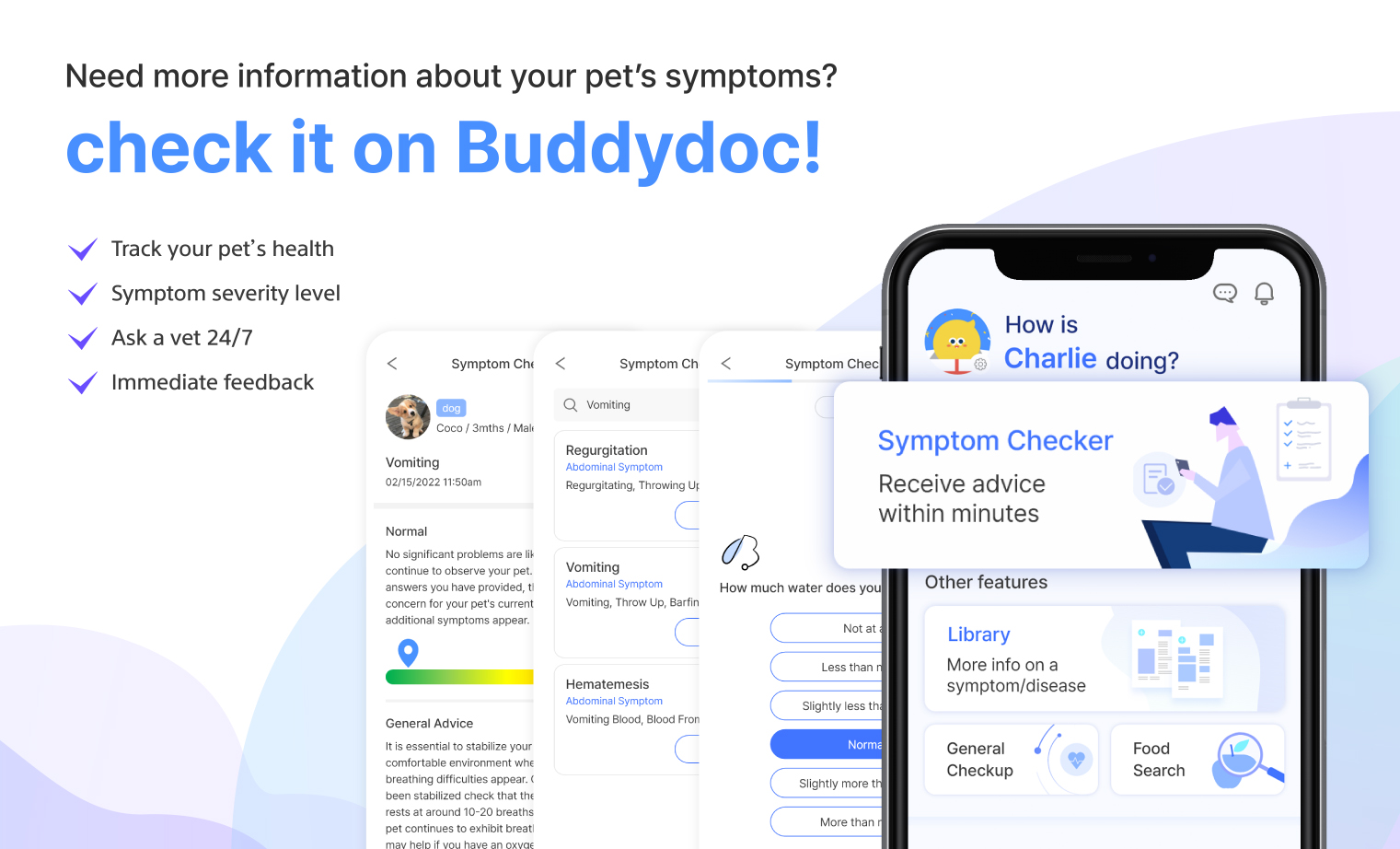SYMPTOMS
Dog Pruritus (Itchy Skin) – Causes and Treatments
페이지 정보
본문

Overview
Pruritus, or itching, is a common symptom of various skin conditions in dogs. Pruritus is most commonly caused by an allergy, infection, or parasitic infection. Pruritus in dogs will manifest in excessive behaviors such as scratching, licking, or biting the affected area. There are also psychological and behavioral factors such as anxiety, and excessive energy that may also cause this behavioral symptom. Prolonged scratching under any circumstance can lead to a secondary infection that will require additional treatment, so an early response is always recommended.
Why Is My Dog Itching So Much?
Itching due to parasites, allergies, and infections are the most common causes found in dogs.
- Skin conditions due to scabies, lice, and mites are known to cause excessive itching.
- Bacterial and yeast infections also cause excessive itching to relieve irritation.
- Allergies from insect bites, seasonal atopy, environmental allergy, food allergy, etc., cause itching as well.
- Any dog can exhibit excessive itching, but purebred dogs have a history of skin problems. Dog breeds such as Cocker Spaniels, Poodles, West Highland Terriers, and Retrievers have a higher prevalence of skin disorders that can cause itching.
- Psychological and behavioral causes include anxiety, fear, and excessive energy.
What Are the Symptoms That Accompany Excessive Itching in Dogs?
If you notice that your dog has been itching excessively, you may also want to monitor for these signs.
- Licking, chewing, or shaking their head
- Redness
- Swelling
- Hair loss
- Discharge, abscess, pustules, or papules
- Bad odor
When to Take Your Dog to the Vet for Itching?
When your pet begins to scratch frequently and often uncontrollably, it is time to visit the vet to determine the underlying health problem. A secondary bacterial or fungal infection may also develop if excessive itching is left untreated. Signs of a severe allergic reaction require a visit, such as hives, facial swelling, and difficulty breathing, accompanying symptoms of excessive itching. Inflammation, discharge, or a strong odor where your dog is itching excessively is a sign of infection. Persistent itching can affect the quality of life of your pet, so a visit to the hospital to find the cause and provide appropriate treatment is recommended.
Home Treatment for a Dog Excessively Itching
The first and easiest step you can take at home is to keep the living environment clean, such as the bedding, toys, bowls, etc. The same applies to practicing healthy hygiene habits for your pet. With a veterinarian’s approval, there are products that can help relieve itching and treat an infection. If symptoms are not severe, moisturizing your pet’s skin can help.
If excessive itching occurs after specific patterns, such as eating a certain food or going for a walk, limit the exposure to those foods or environments and see if symptoms improve. If itching is due to a psychological or behavioral problem, behavioral correction through training and various activities may help distract the itching habit. If the behavior is hard to correct, you can use a neck collar to prevent further irritation. Ultimately, the root cause must be addressed and treated in order to avoid symptoms from recurring or worsening.
How is Itching Diagnosed in Dogs?
When you visit your veterinarian for your pet’s excessive itching, your veterinarian will conduct a thorough skin and physical examination to rule out external factors.
The following tests may be performed at the veterinarian's discretion to diagnose your pet’s condition accurately.
-
Cytology
Taping, cotton swabs, scraping, hair plucking, and a fine needle test (FNA) are a few examples of tests conducted to identify ectoparasite, bacterial and yeast infections, and identify lesion types that may be present on your pet’s skin. If anomalies are detected, microscopic examinations can also be performed using a method suitable for diagnosing different skin conditions.
-
Culture test
This is a method to discover what pathogens exist by culturing pathogens using samples (hair, urine, stool, mucus, etc.) either from where appropriate or directly from the affected area.
-
Histopathology
It is a test for diagnosing skin diseases by taking skin tissue locally and observing it under a microscope.
-
Food trial test
Diagnosing a food allergy involves eating a low-allergy or allergy-free diet while limiting other foods.
What is the Best Treatment for an Itchy Dog?
Depending on the cause of itching, treatment methods, duration, and prognosis will vary. For example, a veterinarian can treat itching caused by ectoparasite and infections in a short period. Compared to allergic diseases, your dog may require a lifelong treatment management plan (medication, diet control, etc.).
This is a list of treatment a veterinarian may prescribe depending on the cause.
-
Allergic disease
In the case of allergic diseases such as atopic dermatitis, anti-inflammatory drugs (ointment, oral medicine, injection) can relieve inflammation and reduce itching. Alternatively, allergy desensitizing therapy can reduce the abnormal response to certain allergens.
-
External parasites
After removing the ectoparasite, the affected areas are disinfected, and topical treatments will be applied.
-
Infection
Bacterial and fungal infections may require topical or oral antibiotics and antifungal medications (ointments, creams, etc.).
How to Prevent Excessive Itching in Dogs
It is essential to keep the surrounding environment clean and pay attention to the hygiene of your pet. You can prevent external parasites through periodic external repellent treatment. Monitor the food you feed your dog closely, and remove foods that precede itching from the diet. With the approval of your veterinarian, supplementing with omega-3s and certain vitamins may be helpful. The most effective prevention is possible by determining the root cause of the symptom with a veterinarian’s assessment.
Check Itching Symptoms with the Buddydoc Symptom Checker!

If it is difficult to accurately determine the severity of the symptom, you can use the Buddydoc symptom checker to help you! The self-symptom checker service will ask questions about your pet’s symptoms and can take anywhere from 2-5 minutes to receive a pet triage result. Each answer you provide has a triage value and is calculated in the end result page to help you make a better decision for your pet’s health. The result page provides a level of risk to your pet’s health, veterinarian advice, possible diagnoses, and recommended examinations when visiting the hospital.













